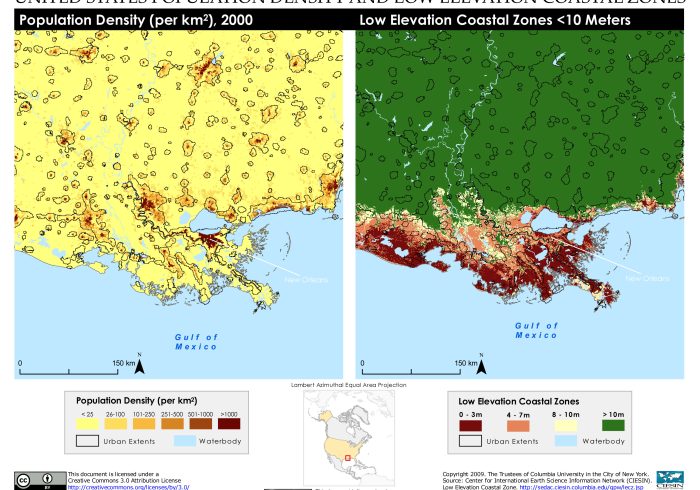November Sees a Decrease of 8.2% in Connecticut’s Online Gambling Revenues
Connecticut’s online gambling industry experienced a decline in revenues during the month of November, with a decrease of 8.2% compared to the previous month. This downturn comes as a surprise, considering the steady growth the state had witnessed in recent years.
The decrease in online gambling revenues can be attributed to various factors. Firstly, the holiday season often sees a decrease in gambling activity as people tend to focus on family gatherings and other festive activities. Additionally, the colder weather during this time of year may discourage some individuals from venturing out to physical casinos or participating in online gambling.
Another possible reason for the decline in revenues is the increasing competition from neighboring states. Connecticut has traditionally been a hub for gambling enthusiasts from nearby states like New York and Massachusetts. However, with the legalization of online gambling in these states, residents now have more options closer to home, reducing the need to travel to Connecticut.
Furthermore, the ongoing COVID-19 pandemic continues to impact the gambling industry. Many people are still hesitant to visit crowded places due to health concerns, leading to a decrease in overall gambling activity. This trend is not unique to Connecticut but has been observed globally.
Despite the decline in revenues, it is important to note that Connecticut’s online gambling industry still remains profitable. The state has implemented regulations and licensing requirements that ensure a safe and fair gambling environment for its residents. This commitment to responsible gambling practices has helped maintain a loyal customer base and attract new players.
To counteract the recent decline, online gambling operators in Connecticut may consider implementing innovative strategies. This could include offering attractive promotions, introducing new games or features, and enhancing the overall user experience. By continuously adapting to changing market dynamics and meeting customer demands, operators can regain momentum and drive revenues back up.
Looking ahead, there are reasons to remain optimistic about the future of Connecticut’s online gambling industry. The state’s proximity to major metropolitan areas and its well-established gambling infrastructure provide a solid foundation for growth. Additionally, ongoing efforts to expand online gambling legislation and partnerships with other states could open up new opportunities for increased revenues.
In conclusion, the decline in online gambling revenues in Connecticut during November can be attributed to a combination of factors including the holiday season, increased competition from neighboring states, and the ongoing impact of the COVID-19 pandemic. However, the industry remains profitable and operators have the potential to bounce back by implementing innovative strategies and adapting to changing market dynamics. With a commitment to responsible gambling practices and continued efforts to expand legislation, Connecticut’s online gambling industry can regain its momentum and continue to thrive in the future.




